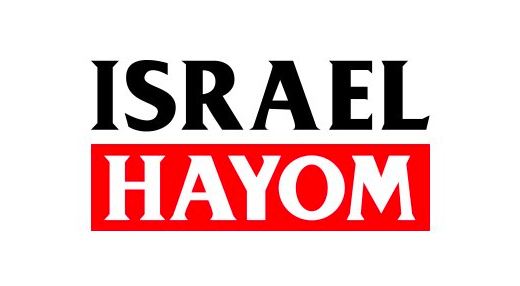The Association of Gulf Jewish Communities is shifting its focus away from an influx of Israeli tourists and towards the more permanent future of a Jewish presence in the Gulf region.
When it comes to the impact of the Abraham Accords on Jewish life in the Persian Gulf, most thoughts turn to the opportunities for Israelis to flock to newly opened kosher hotels and restaurants in Dubai or Manama, or to visit the remnants of a once-thriving Jewish community in Bahrain, the origins of which are thought to go back to late antiquity.
But on the one-year anniversary of the formation of the Association of Gulf Jewish Communities (AGJC), the focus has turned to the future of a more permanent Jewish life in the region.
The AGJC is the umbrella organization for the Jewish communities of the Gulf Cooperation Council (GCC) countries that are building and enhancing Jewish life in the region. As such, it is the first organization representing Jewish communities in Bahrain, Kuwait, Oman, Qatar, Saudi Arabia and the UAE.
While each community is independent, they share a common goal and vision – for Jewish life to flourish in the Gulf for the benefit of both residents and visitors. Formed on Feb. 15, 2021, in the wake of the Abraham Accords, which were announced in August and signed in September 2020.
Rabbi Elie Abadie, the senior rabbi of the Jewish Council of the Emirates, said, The AGJC has changed the way a Jew lives his or her life in the Gulf. Now, Jewish communities can keep their faith, their customs and traditions publicly, and with deep commitment.”
“The growth of Jewish life in the Gulf Cooperation Council over the past year is nothing short of miraculous,” according to Houda Nonoo, former ambassador of Bahrain to the United States and currently a AGJC board member.
“As we mark the first anniversary of the Association of Gulf Jewish Communities, we are celebrating an unprecedented partnership between the Jews of the Gulf.”
AGJC President Ebrahim Nonoo said, “Since the Abraham Accords came into being, the idea of having Jewish life flourish again in the region is progressing well. The association that we’ve created is looking after all the religious needs of the Jewish people so that they can feel like they are not short of anything to help them with going through their Jewish life.”
The AGJC is effectively serving as an umbrella support organization for a loose string of communities. As Jewish life has expanded in the region recently, there have been some rifts caused by new rabbis coming in, including one who dubbed himself the chief rabbi of Saudi Arabia, much to the reported consternation of the small Jewish community there, which much still pray behind closed doors.
Nonoo emphasized that “we just want to be there for whoever needs us, basically. And that’s the way we’re going forward.
Abadie added that the Conference of European Rabbis, the Jewish Agency for Israel and the Jewish Federations of North America are among the organizations that have lent support to his expansion efforts.
“We have been able to reach out to individual Jews living in Saudi Arabia, Oman, Qatar, Kuwait. These Jews have been living a quiet life under the radar until now. We’ve provided them with matzah, with shofars, with the reading of mitzvot. We have revived the practice of Jewish individuals and Jewish communities in the entire Gulf,” he told JNS.
Abadie also heads the recently established Arabian Kosher Certification Agency, which aims to set the same kosher standards throughout all six GCC countries, making it easier for practicing Jews to live in or travel around the Gulf.
Abadie is also leading the development of the Beth Din of Arabia to assist with issues pertaining to personal status and voluntary business dispute resolutions.
Nonoo noted two main obstacles to a more rapid expansion of Jewish life in the Gulf over the last year. One, of course, is COVID-19, which he said dampened the relocation plans of those who wanted to relocate. The second is the requirement among several GCC countries in securing work visas through verified employment prior to moving.
“You need to have a solid job to move to the Gulf, but what’s changed now is that if a family is looking to relocate, they’re going to feel comfortable because they’ve got all the surrounding Jewish life around them,” he said. “Now, that’s not to say that jobs are easy to get in the Gulf, but I’ve got to tell you that Bahrain is becoming a very interesting location for people looking to relocate. We’re seeing some families come into Bahrain, which is great, but not on the scale that perhaps Dubai is seeing. I don’t really have numbers, but Dubai is seeing a lot more of the Jewish community finding jobs there.”

